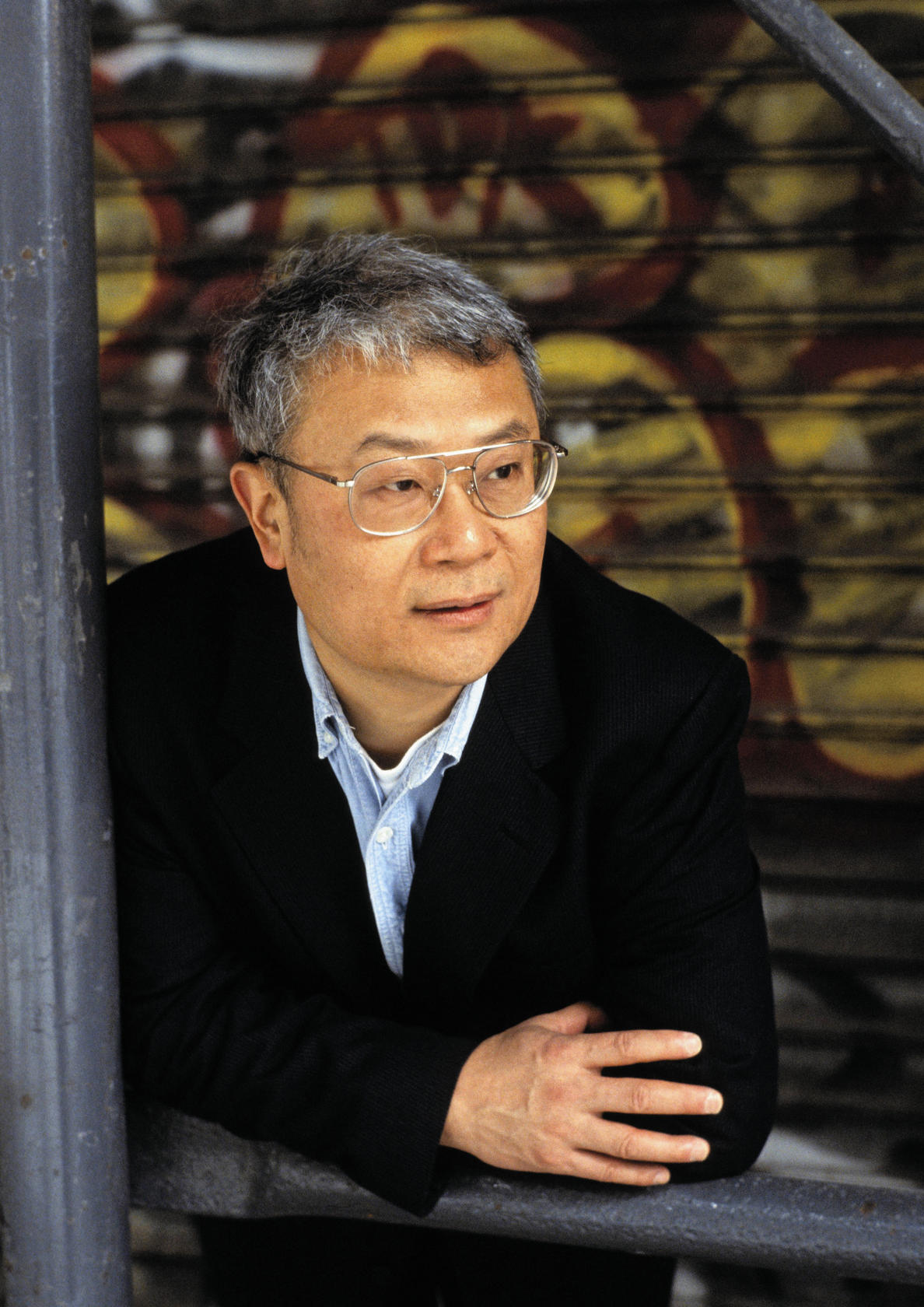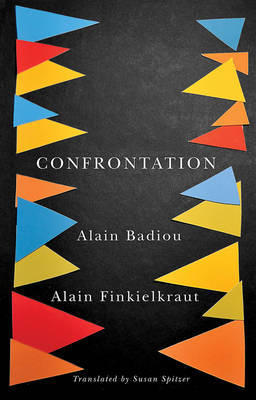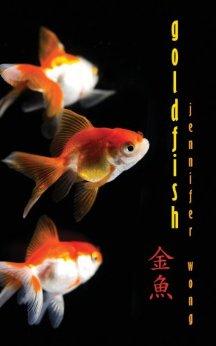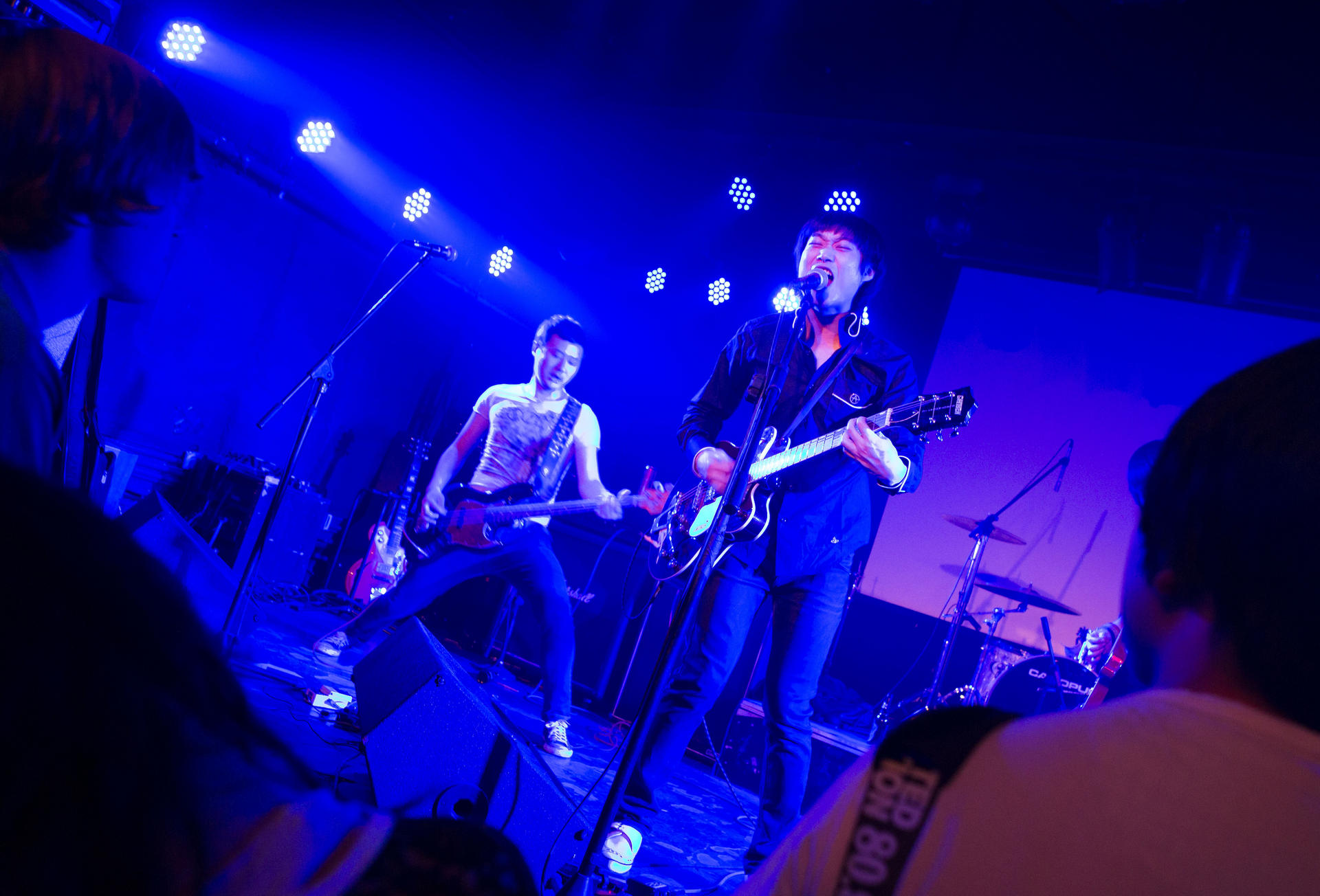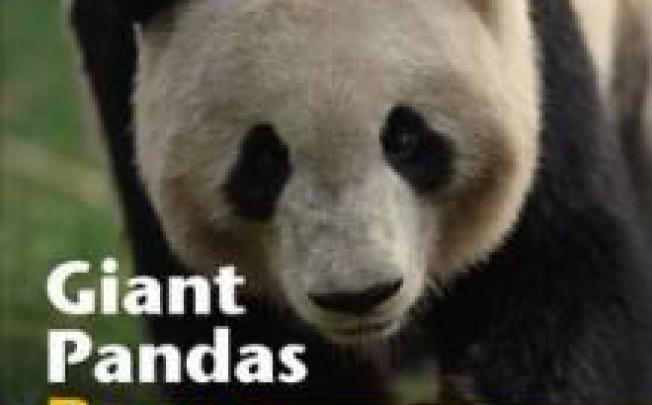Chinese author's narrator wanders dead for a week and meets others who, like him, can find no peace. It's a device this darkly funny novel uses to explore the chaos of modern China and upturn all that's wrong in country where lust for money and power has trumped common decency.
For US-based author Ha Jin, his exile and the saga of a real-life Chinese spy have given him a deeper understanding of what life is like in the shadows, writes Clarissa Sebag-Montefiore.
Alain Badiou and Alain Finkielkraut are French philosophers with opposing visions. Indeed, their extensive differences are brought together by one thing alone: both are courageous thinkers unafraid to stand up and say what they think despite the prevailing intellectual fashions of the time.
In 2000, two of France's most important intellectual thinkers broke off relations.
When rakish 25-year-old Dunhuang is released from prison, he is assaulted - by a dust devil. The polluted air fills his eyes, nose and mouth with fine grit, forcing him to sneeze and spit.
Goldfish is a random name for a poetry collection that delves deep into Chinese culture. But perhaps random is the best word to describe this eclectic - and vast - group of poems, written by Hong Kong poet Jennifer Wong.
Californian author and former Hollywood executive Lisa Brackmann, 54, has just published her second thriller set in China.
If there is a Brooklyn in Beijing, it is the Gulou district. Funky western-style coffee shops line the teeming main road, alongside the street stalls, the construction works, the scattering of dive bars tucked away behind the hot pot restaurants.
Giant Pandas is a coffee-table book with a serious message. Giant pandas, we are told time and again, are more than cute mammals worthy of our adoration. Beyond their chubby cheeks, rotund bodies, and black-and-white fur coats, they are wild animals facing extinction.
City at the End of Time, a collection of bilingual poems by Hong Kong poet Leung Ping-kwan, was first published in 1992 when the upcoming 1997 handover loomed large over the works and how they were interpreted. Today, readers of this new edition can view the poems with the benefit of historical hindsight. Yet, despite 15 years having passed since Hong Kong was handed back to China, Leung's insights remain surprisingly fresh and relevant.


